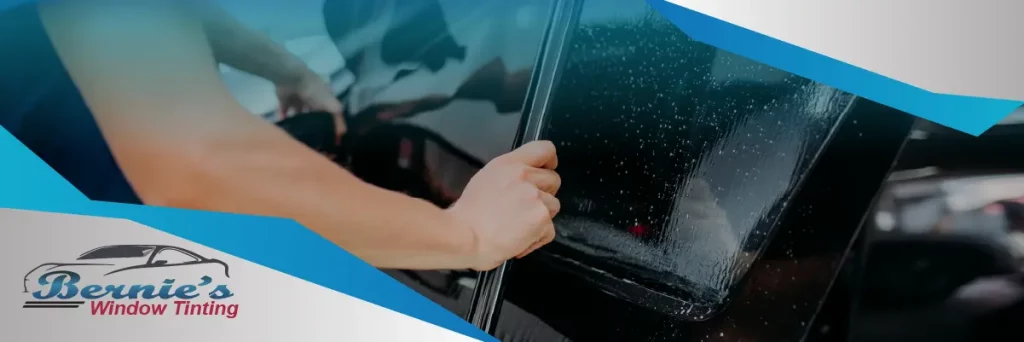Welcome to our blog! On this journey, we will explore beyond the darkened surface and dive into the true impact of polarizations. We will focus on how it affects fuel efficiency and the possible damages in the radio and GPS of cars, with this we will discover some secrets that are hidden behind this automotive phenomenon.
What Are Car Tints?
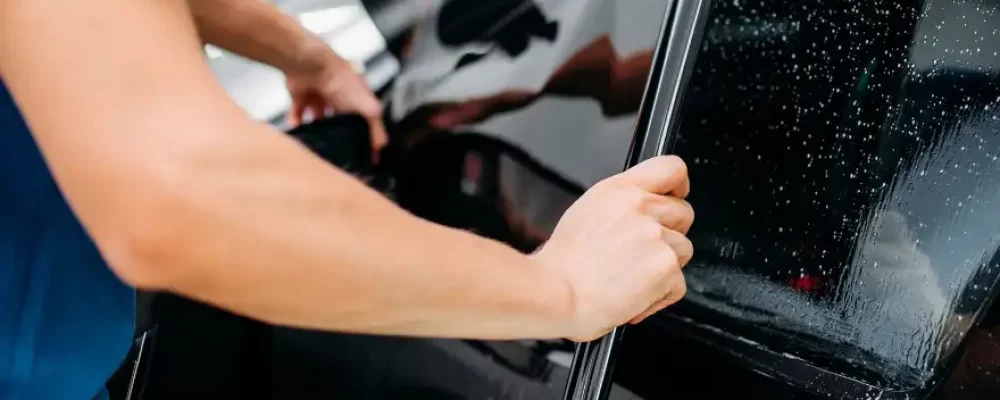
Car tints refer to the application of a thin, transparent film to the windows of a vehicle. This film is typically made from polyester and may have various layers, including an adhesive layer for attachment to the window glass. The primary purpose of car tinting is to reduce the amount of sunlight that enters the vehicle, providing several benefits to the driver and passengers.
Exploring the Many Benefits of Car Tints
Glare Reduction
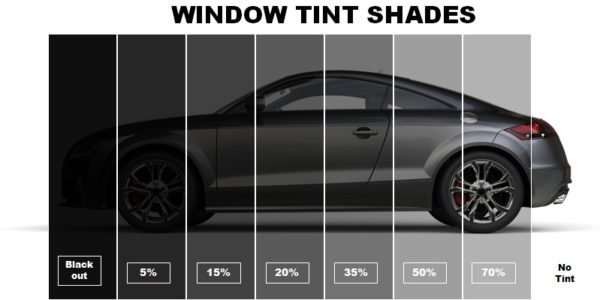
Tints can reduce glare from the sun, headlights, and other reflective surfaces. This improves visibility and reduces eye strain, especially during bright and sunny conditions.
Safety in Accidents
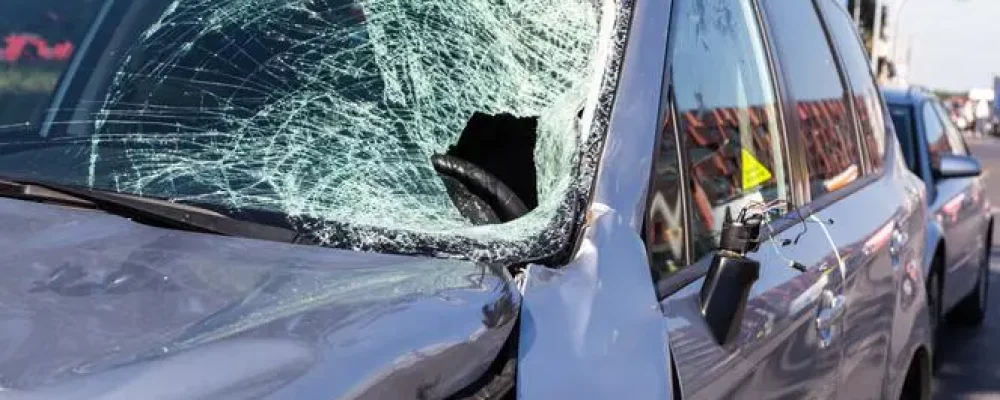
In the event of an accident, the film on the windows can prevent shattered glass from scattering, providing an additional safety measure for the vehicle’s occupants.
Energy efficiency
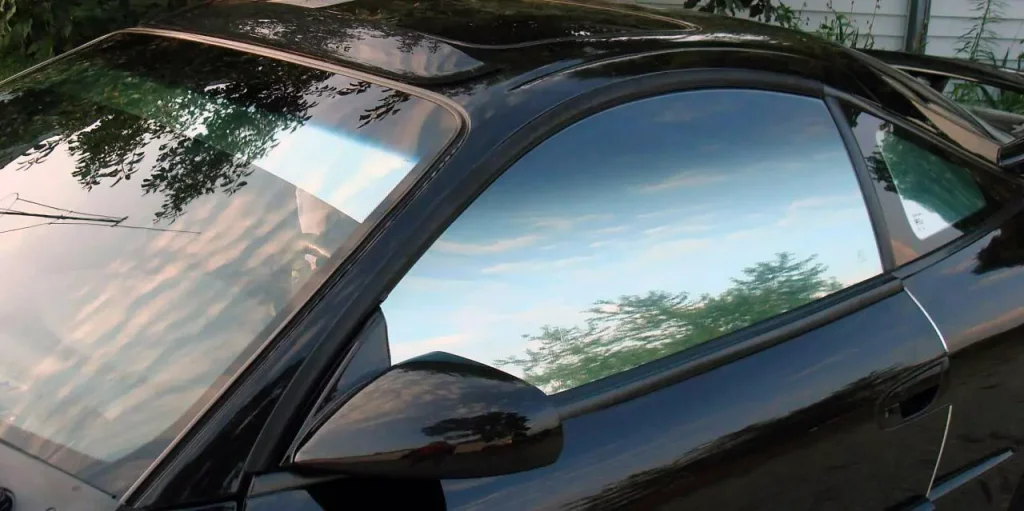
By reducing heat input, window films can contribute to a more consistent temperature inside the car, meaning the air conditioning system can work more efficiently, saving energy and fuel.
Impact of tints on fuel efficiency
The impact of window tints on fuel efficiency is a subject of interest and consideration among car owners.
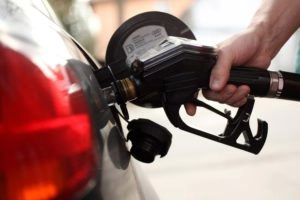
Here’s an overview of how window tints may affect fuel efficiency:
Additional Weight
The film used for window tints adds a minimal amount of weight to the vehicle. While this impact is generally small, any increase in weight could potentially affect fuel efficiency.
Wind Resistance
Although the added wind resistance from the tint film is likely negligible, some argue that it could impact the car’s aerodynamics, contributing to a minimal reduction in fuel efficiency.
Driving Conditions
The actual impact on fuel efficiency may depend on various driving conditions, including vehicle speed, road type, and climate.
Damage of tinting on the radio and GPS of cars
The tinting of car windows generally should not cause damage to the radio or GPS systems.
However, there are a few considerations to keep in mind:
Electromagnetic Interference (EMI)
Some low-quality tint films may contain materials that generate electromagnetic interference. This, theoretically, could affect electronic devices such as radios and GPS systems. However, high-quality tint films are typically designed to minimize this risk.
Installation Quality
Poor or incorrect installation of tinting may cause issues. Air bubbles, wrinkles, or defects in the installation process could potentially affect the reception of radio and GPS signals.
Metallic Films
Certain tint films may contain metallic layers to enhance sun protection. These metallic layers could theoretically interfere with electromagnetic signals, but advancements in tinting technology have minimized this risk.
Car tints are a game-changer, providing benefits like glare reduction, safety enhancement, and energy efficiency. Despite minimal concerns about fuel efficiency, our high-quality tint films ensure optimal performance. But it’s not just about protection; it’s about elevating your driving experience. Upgrade your journey with our tinting services; because driving should be more than just a commute – it should be an unforgettable experience. Ready to redefine your ride? Let’s tint your story together.
